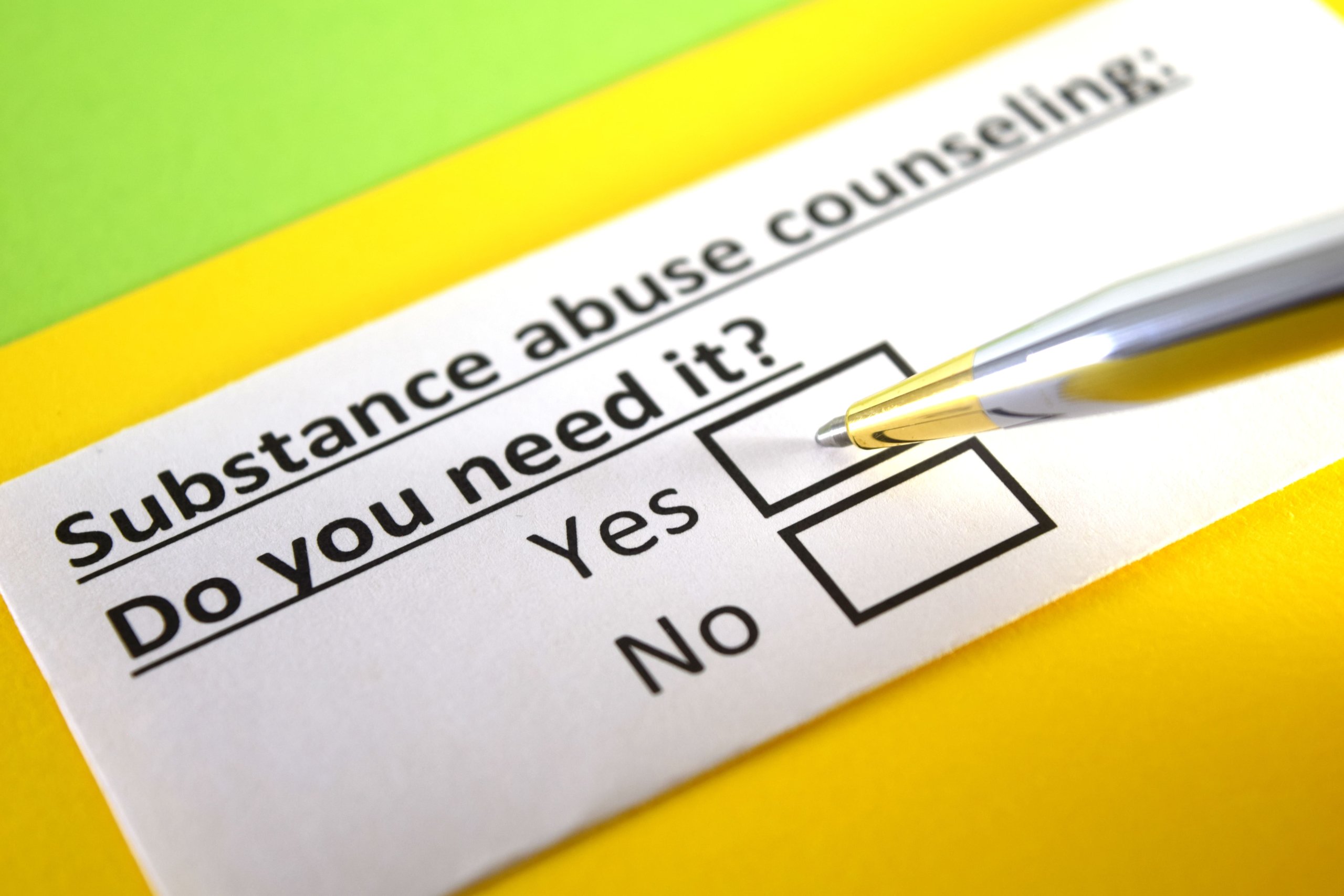Overcoming addiction is no easy feat; it’s a journey that often requires a team effort.
At the heart of this journey lies a crucial partnership between healthcare providers and specialized addiction recovery centers. Think of it as a support system designed to help individuals struggling with substance abuse get back on their feet.
Let’s take a closer look at how healthcare providers and addiction recovery centers join forces to provide comprehensive care and guide patients toward a brighter, healthier future.
The Role of Healthcare Providers in Addiction Treatment
Healthcare providers are essential to the treatment of addiction. They play an important role in assessing patients, developing treatment plans, and providing ongoing care.
Physicians, nurses, and therapists team up to provide comprehensive care that meets the unique needs of each patient.
Let’s take a closer look at the roles of different providers:
Physicians
Physicians play an important role in healthcare for drug addicts, offering more than just medication. Their expertise helps with:
- Managing Health Issues: Addiction can take a toll on physical health. Physicians identify and treat any underlying or co-occurring conditions that might complicate recovery.
- Overseeing Safe Detox: Detoxing from drugs or alcohol can be risky. Physicians manage the process to keep patients safe, using medications when needed to ease severe withdrawal symptoms.
- Coordinating Care: Physicians often serve as the main point of contact, working closely with therapists, nurses, and other professionals.
- Supporting Long-Term Recovery: Physicians provide ongoing monitoring, manage medications, and support overall health to help prevent relapse.
Nurses
Nurses also play a key role in addiction center treatment, offering care that goes beyond just physical needs. Here’s how they contribute:
- Hands-On Care: Nurses are often the go-to caregivers for patients in recovery. They educate patients about addiction, administer medications, monitor health, and assess both physical and mental well-being.
- Emotional Support: Recovery can be tough emotionally. Nurses provide compassion, encouragement, and guidance to help patients handle the highs and lows of the process.
- Team Coordination: Nurses work closely with doctors, therapists, and other providers to ensure seamless care, addressing every aspect of a patient’s recovery. They may also help connect patients with support groups or community resources.
- Relapse Prevention: Nurses educate patients on avoiding relapse, recognizing triggers, and empowering them to stay on track for long-term sobriety.
Therapists
Therapists are essential for addressing the psychological and emotional aspects of addiction. Their expertise helps patients:
- Understand Addiction: Therapists help patients explore the root causes of their addiction, identify unhealthy patterns, and gain insights into their behaviors and triggers.
- Build Coping Skills: They teach patients healthy ways to handle cravings, stress, and tough emotions without turning to substances.
- Work Through Trauma: Since trauma often plays a role in addiction, therapists provide a safe space to process past experiences, address their impact, and find healthier ways to cope.
- Strengthen Relationships: Addiction can damage relationships. Therapists help patients mend them, improve communication, and create strong support systems.
The Role of Addiction Recovery Centers
As we’ve seen, physicians, nurses, and therapists play vital roles in addiction treatment. But where do these professionals come together to provide that care? That’s where addiction recovery centers step in. These facilities offer a structured, supportive space where people can fully focus on their recovery journey.
Centers for addiction recovery understand that addiction is a complex disease, requiring a multifaceted approach to treatment. Here are some of the core services they offer:
Detoxification
The first step for many in recovery is detox, where substances are safely cleared from the body.
Comprehensive treatment centers offer medically supervised detox to manage withdrawal symptoms and keep patients safe with 24/7 medical care. This often includes medication management to ease discomfort and prevent complications.
Therapy
Individual and group therapy are key parts of addiction treatment. Recovery centers provide a dedicated space for both, as well as other options like family therapy when needed. These sessions help patients explore the root causes of their addiction, develop coping skills, and process emotions in a safe and supportive environment.
Medication-Assisted Treatment (MAT)
When it’s the right fit, MAT is included in the treatment plan. Recovery centers provide access to MAT, combining medications with therapy to tackle both the physical and emotional sides of addiction.
Holistic Services
Many centers go beyond the basics, offering things like yoga, meditation, art therapy, and nutritional counseling to support overall wellness.
Aftercare Planning
Recovery doesn’t stop when treatment ends. Many centers help patients create personalized aftercare plans, including sober living options, ongoing therapy, support groups, and relapse prevention strategies to support lasting sobriety.

Collaboration Between Healthcare Providers and Addiction Recovery Centers
Addiction recovery centers offer a wide range of services, but they’re even more effective when they work hand-in-hand with healthcare providers in the community. This teamwork ensures patients get consistent, well-coordinated care that covers every part of their health.
So how does this collaboration work in practice? Let’s take a closer look.
Referrals
Healthcare providers are often the first to spot when someone is struggling with addiction and help connect them to the right recovery center.
For example, a primary care doctor might notice signs of substance use during a regular check-up. Or an ER doctor might treat someone dealing with addiction-related complications. In these cases, they can refer the patient to an addiction recovery center.
This referral process is crucial because it connects people with the right resources and care. It might include giving information about recovery health centers, helping patients get in touch, and even setting up initial assessments.
Information Sharing
Collaboration works best when healthcare providers and recovery centers communicate clearly and securely. This includes sharing details about a patient’s medical and mental health history, current medications, treatment progress, and anything else that could affect their recovery.
Of course, patient privacy is always a priority, and any information shared must follow laws like HIPAA. With the patient’s consent, this kind of communication helps create a more complete picture of their needs, allowing for better, more personalized care.
For example, a therapist at the recovery center can address anxiety more effectively if they know about a diagnosis from the patient’s psychiatrist. Similarly, a doctor can tweak medications based on updates from the recovery center about the patient’s progress.
Coordinated Treatment Planning
Collaboration makes it possible to create well-rounded treatment plans that cover both the physical and mental health needs of the patient.
This might include a doctor managing medications, therapy sessions with a counselor at the recovery center, and support from nurses during the patient’s stay and afterward.
Transition of Care
Leaving the structured environment of a recovery center can be a challenging time for those in recovery. Collaboration between the center and healthcare providers is essential to ensure a smooth transition back into the community and reduce the risk of relapse.
Before discharge, a detailed plan may be created to address ongoing care needs. This plan might include:
- Connecting with Community Resources: Linking patients to support groups, sober living options, outpatient therapy, and other local resources for ongoing support.
- Medication Management: If the patient is on any medications, clear instructions and prescriptions are provided. This is usually coordinated with primary care doctors or psychiatrists to ensure medications are accessible and properly monitored.
- Follow-up Appointments: Scheduling follow-ups with therapists, doctors, or support groups can help maintain momentum and address any challenges.
- Relapse Prevention Planning: The recovery health center works with the patient and their healthcare providers to create a personalized plan to handle triggers and develop coping strategies.
This team-based approach to transition planning helps patients stay supported, maintain their sobriety, and navigate life outside of structured treatment.
Finding the Right Addiction Recovery Center
Considering how complex addiction is and the importance of specialized care, you might be wondering how to find a center that fits your needs. Here are a few important things to keep in mind:
Treatment Approach
Rehab centers may focus on different methods, like 12-step programs, cognitive behavioral therapy (CBT), or holistic treatments. Take a look at their philosophy and choose one that feels like a good fit for you.
Levels of Care
Treatment can range from intensive inpatient programs to outpatient services and aftercare. Choose a center that matches the level of care you need and offers flexibility as you move forward in your recovery.
Accreditation and Licensing
Make sure the center is accredited by trusted organizations and properly licensed by the state. This verifies that they meet important quality and safety standards.
Specializations
Some centers specialize in treating specific addictions like opioids, alcohol, or gambling, or on co-occurring issues like depression, anxiety, or trauma. Think about your needs and whether the center has the right expertise to help.
Location and Setting
Consider what kind of location and setting would best support your recovery. Some people do well in a peaceful, nature-based environment, while others prefer staying closer to home for family support.
Cost and Insurance
Ask about treatment costs and whether the center takes your insurance. If cost is an issue, check out financing options or scholarships they might offer.
For example, some centers offer payment plans or partner with healthcare lenders to spread out payments, making treatment more affordable.Reviews and Testimonials
Read online reviews and testimonials from previous patients to get a sense of their experiences at the center. They can give you helpful insights into the staff, atmosphere, and how effective the treatment is.
Taking the First Step Towards Recovery
Starting the journey to recovery from addiction can feel overwhelming, but remember—you don’t have to face it alone. With the right support and resources, lasting recovery is possible. As we’ve discussed in this blog, successful addiction treatment often relies on teamwork between healthcare providers and specialized recovery centers.
From doctors and nurses to therapists and counselors, every member of the care team plays an important role in addressing the physical, mental, and emotional sides of addiction. By working together, they can build a treatment plan that’s personalized to your needs and situation.
Remember, asking for help is a sign of strength, not weakness. Overcoming addiction is tough, but it’s absolutely possible—and taking that first step is often the hardest. If you or someone you care about is struggling with substance abuse, don’t hesitate to reach out to a healthcare provider or contact a recovery center directly.
Here are some key takeaways to keep in mind:
- Addiction is treatable: Don’t let shame or stigma stop you from getting help. With the right support and treatment, you can overcome addiction and reclaim your life.
- Act early: The sooner you seek help, the better your chances of recovery. Don’t wait for things to get worse before taking action.
- Personalized treatment matters: There’s no one-size-fits-all solution for addiction. Look for a program that fits your needs and preferences.
- Support is essential: Surround yourself with a strong support network of family, friends, or a recovery community. Connecting with others who understand your struggles can make a huge difference in your journey.
- Recovery takes time: It’s important to have realistic expectations and be prepared for ongoing challenges. Recovery is a lifelong process with ups and downs. Relapse can happen, but it’s not the end—it’s a chance to learn, grow, and recommit to your recovery.
Don’t wait to take the first step toward recovery. Explore our substance abuse treatment programs at Taste Recovery and find the support you need to take back your life from addiction.
At Taste Recovery, we’re here to connect you with compassionate, evidence-based addiction treatment tailored to your unique needs. Our experienced team is committed to helping you achieve lasting sobriety.
Table of Contents
Chapter Navigation
Continue Reading
Chapter 4
In this chapter, we explain how treatment centers use assessments to understand each person’s needs and create a personalized substance abuse treatment plan.
Chapter 5
This chapter breaks down the factors that influence substance abuse treatment costs and explores different payment options, including financial assistance programs.
Chapter 6
We look at how long different treatment programs usually last, from short-term detox to long-term residential care.


